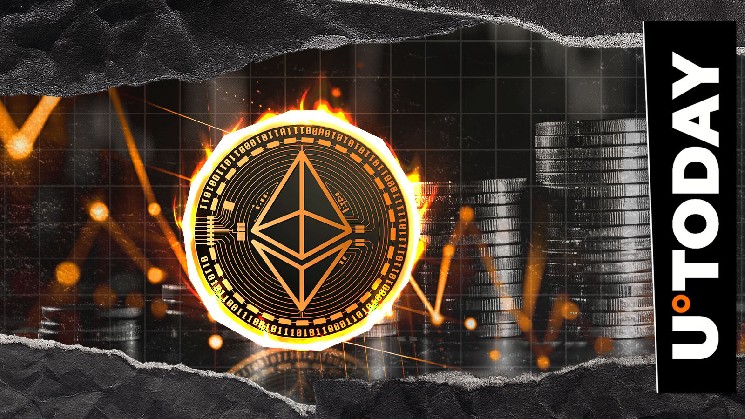The Ethereum community is upset by an astounding announcement. The Ethereum Community Foundation has announced the release of Beth, a new token used to represent ETH already burned, although not the same as the official Ethereum Foundation.
New token details
As the group stated, Beth is a proof of burning token. That is, each unit represents an equivalent amount of ETH that was verified to be excluded from circulation according to EIP-1559 and other burn mechanisms. Therefore, 40.6 million ETH burned since the London upgrade could be reissued as Beth.
The Ethereum Community Foundation has announced the tokenization of Burned Eth as Beth and has created a new burning token. Each Beth represents an ETH validated as removed from the circulation, allowing for a transparent, auditable burn record. Joseph Lubin, co-founder and CEO of Ethereum…
– WU Blockchain (@wublockchain) August 31, 2025
The goal is to provide a new class of tokens that recognize the disruption of supply, while also producing an open, auditable ledger of burnt coins. Details are still unknown, but the announcement also hints at the release of related tokens Bbeth and Bbbeth. According to Joseph Lubin, Ethereum's co-founder and CEO, ETH Burning has become a very profitable activity, and Beth is a key step in formalizing that process.
Why is that suspicious?
The idea has sparked excitement, but there are also important concerns. To reduce supply forever, the very ideas behind burning coins are erosed when they are tokenized. The ETH rarity narrative can fade if the community begins to see Beth as a complementary asset with speculative potential.
Furthermore, the value of Beth does not increase simply because it is related to ETH combustion. Beth is essentially not involved in the structure of Ethereum's consensus staking or gas fees, as opposed to ETH itself. Basically, it is a derivative product with no long-term utility.
The Ethereum Community Foundation, as stated in the announcement, is not the Ethereum Foundation. This distinction is very important as it can affect Beth's acceptance and legitimacy. Without well-defined governance, practicality and consumer demand, Beth risks becoming more strange than a game-changing invention.
Tokenizing burned assets can provide transparency, but it also raises the paradox. Beth must use it with caution until these issues are resolved.

